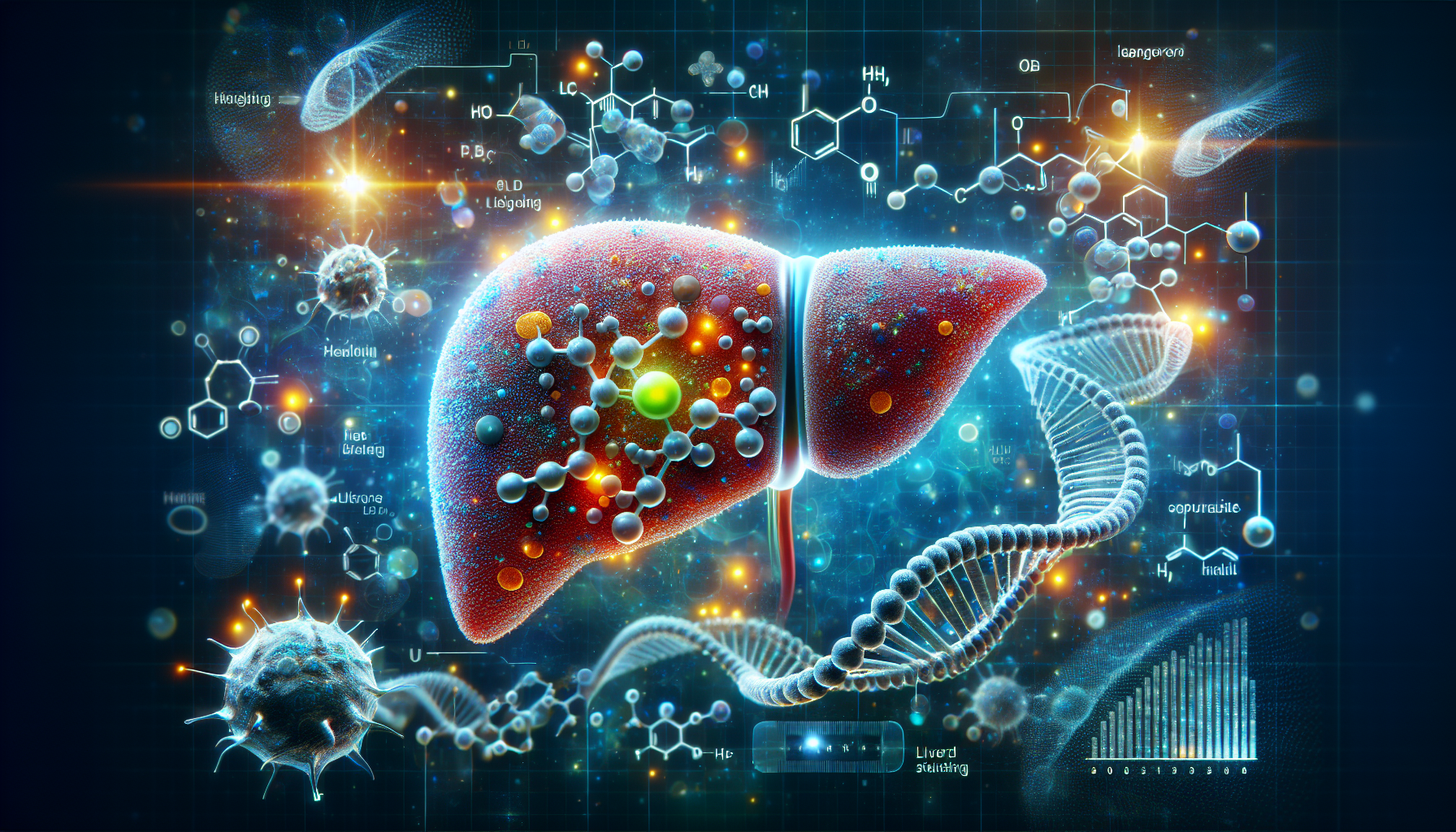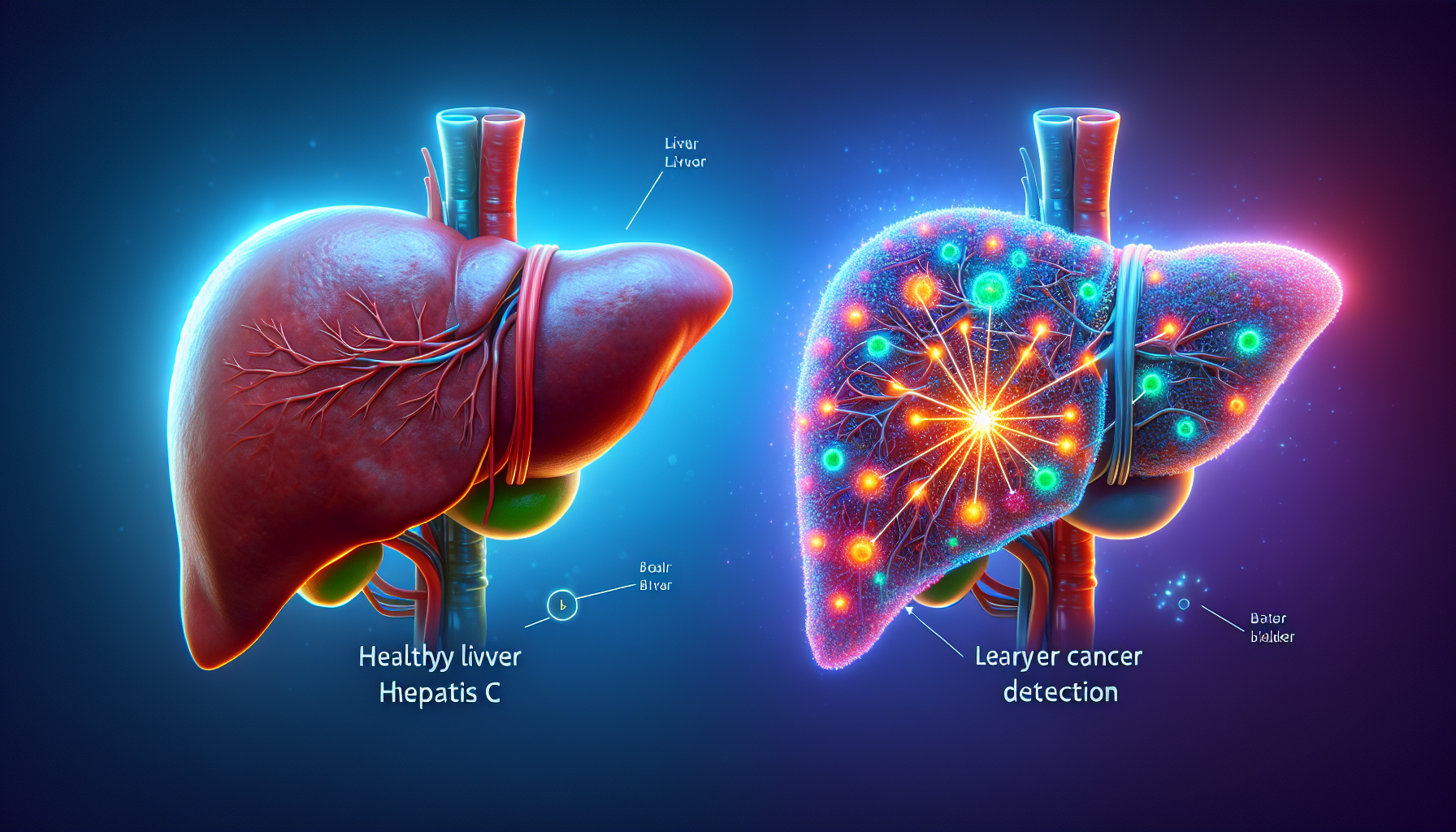New Hope for Chronic Hepatitis B Sufferers: Promising Results from Phase 2 Trials
Key Takeaways
- BRII-179 shows promise in reducing HBV antigen levels.
- Combination of BRII-179 and BRII-835 enhances antiviral effects.
- Studies support further development towards a functional cure for HBV.
Did You Know?
Introduction to Hepatitis B and Current Challenges
Hepatitis B Virus (HBV) infection remains a global health issue, affecting over 254 million people worldwide. Chronic HBV infection is a leading cause of liver disease, contributing to significant morbidity and mortality. Despite available treatments, a cure for HBV has been elusive, necessitating ongoing research and innovative therapies.
Overview of BRII-179 and BRII-835
Brii Biosciences Limited is at the forefront of developing new therapies to tackle chronic HBV infections. Their recent Phase 2 trials have evaluated the efficacy of two promising candidates: BRII-179 and BRII-835 (elebsiran). BRII-179 is a novel therapeutic vaccine designed to enhance immune responses against HBV. BRII-835, on the other hand, is an investigational siRNA with direct antiviral activity against HBV.
Findings from the Phase 2 Trials
The trials investigated BRII-179 both as a combination therapy with BRII-835 and as an add-on therapy to pegylated interferon-alpha (PEG-IFNα). The results revealed that BRII-179 induced significant HBV-specific immune responses, leading to a notable reduction in hepatitis B surface antigen (HBsAg) levels in a subset of participants. This was particularly evident when BRII-179 was combined with BRII-835, showcasing a strong correlation between the induced immune response and the antiviral effect.
Impact of BRII-179 as Add-On Therapy
In another arm of the study, BRII-179 was administered alongside PEG-IFNα to participants with chronic HBV infection. The data indicated an improved sustained HBsAg loss and greater overall viral control compared to those treated with PEG-IFNα alone. This underscores the potential of BRII-179 to enhance the efficacy of existing HBV treatments.
Scientific Insights and Future Directions
These trial outcomes provide compelling evidence that BRII-179 can markedly improve immune responses and contribute to better control of HBV infection. The observed boost in anti-HBs antibodies and Pre-S1-specific T cell responses supports the potential of BRII-179 to break immune tolerance and lead to sustained viral suppression.
Potential for a Functional Cure
The encouraging results from these studies fuel hope for a functional cure for HBV. By combining BRII-179 with other modalities such as siRNA and PEG-IFNα, there's a promising pathway towards developing comprehensive treatment strategies that achieve long-term viral control.
Conclusion
BRII-179 and BRII-835 represent a significant leap forward in the fight against chronic HBV. The favorable benefit-risk profile shown in these trials lays the groundwork for future research and clinical evaluations, aiming towards a functional cure for the millions affected by this persistent virus.
About Brii Biosciences
Brii Biosciences Limited is a biotechnology company focusing on developing innovative treatments for infectious and central nervous system diseases. Their efforts in addressing high unmet medical needs have led them to explore new therapeutic avenues against chronic HBV, with promising results from their recent studies.
What Lies Ahead
As further investigations continue, the insights gained from these Phase 2 trials of BRII-179 and BRII-835 will be crucial in shaping future treatment paradigms for chronic HBV. The goal remains clear: achieving sustained viral control and, ultimately, a functional cure for this challenging disease.
References
The data presented at the EASL™ Congress 2024 and other scientific contributions by Brii Biosciences highlight the potential of these therapies in transforming HBV management and improving patient outcomes.
References
- Brii Bioscienceshttps://www.briibio.com
- EASL™ Congress 2024https://easlcongress.eu/
- World Health Organization - Hepatitis Bhttps://www.who.int/news-room/fact-sheets/detail/hepatitis-b


